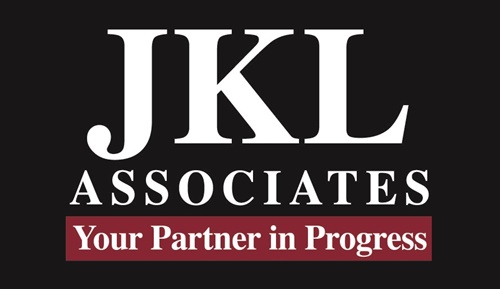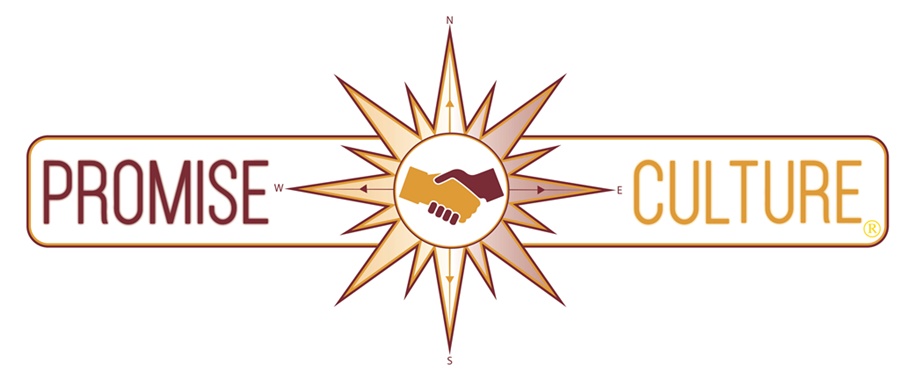In a marketplace bombarded with product and service offerings, differentiating your organization’s items can be very daunting. Years ago, it was all about identifying the unique difference your products or services had in the marketplace compared to the competition. Some of this is still needed, but it is not the lion’s share of the differential. As time passed, the “Consultative” sales approach of helping your customer understand their real needs and how your products or services help resolve those needs became a more significant part of the sales process. This remains a needed part of selling in today’s marketplace but is governed by developing a more intimate relationship with the customer. It is a bit like the sales process has gone through a complete 360-degree cycle and is now back to the roots of building trusted relationships before exchanging goods and services for transactional money exchange. A couple of unscientific observations based on various interactions may illuminate this as a real differentiator.
As technology, digital access, electronics, social media, television, same-day delivery, etc., have become increasingly significant parts of daily life, the nature of buying has changed. Items that we may have initially gone to the store to purchase and interact with a salesperson are now done interacting with a phone or the computer. Take, for example, buying a pair of shoes. In the past, you would have visited a shoe store where a salesperson would have a conversation about the type, style, and general interest and then measure your foot before disappearing into the back of the store to produce several boxes which, in theory, would meet with your liking and fit so you would purchase them. The entire interaction was personal.
Today, you visit a website, scroll through pages upon pages of options, select various styles to your cart, check out, and receive them as soon as same or the next day to try on. Some of these purchases are made without charging you for a period of time as long as you return undesired items in a given time frame. You effectively become both the salesperson and the consumer. There is definitely a place for this service, and it has shifted when, where, and how consumers buy goods and some services. If you don’t like your purchase, you send things back and blame yourself for what you tried to buy. Zappos was one of the very first providers of this offering and became so successful that eventually, Amazon acquired them and rolled them into their portfolio of offerings.
If your organization and sales team are not directly in the retail space, you will need to embrace a relationship-based sales approach incorporating product benefits and capabilities, a consultative understanding of need, issue resolution, and building a solid trust-based relationship. This is especially true in the service sectors where, unfortunately, unscrupulous practice weave their way into everyday transactions. It can also be driven by industries that have become so regulated that they impose unreasonable mandates on providers that the middle entity is locked out of good margins and profit solely so the primary industry regulators can have quarterly profits to enhance their stock value. Building trusted relationships plays a key role in service businesses such as HVAC, plumbing, car repair, etc. It applies equally to the sales team selling wholesale and large-value ticket items.
The buyers are interested in a reasonable price, but by building a relationship, they also desire confidence in product/service quality, timeliness of delivery or execution, and standing behind the goods or services provided. They don’t want challenges with the goods and services, so they are buying not just what the product or service provides but the organization standing behind the deliverables. This can only be accomplished when the sales team builds a solid long-term relationship. It also established a higher level of retained, recurring revenue as the buyers don’t have to shop for new suppliers and vet them constantly. This saves countless hours of distraction for organizations that can be leaner on overhead resources, thus dropping more net profits to the bottom line.
If your organization needs to upscale the relationship sales effort this year, call JKL Associates to begin a Promise Guide Engagement to assist in developing your sales talent. Call us at MI (313) 527-7945 or FL (407) 984-7246.
COPYRIGHT – JKL ASSOCIATES 2025
QUESTIONS OR COMMENTS – EMAIL US AT PARTNERS@JKLASSOCIATES.COM OR CALL OUR OFFICES – MI AT (313) 527-7945 FL AT (407) 984-7246
Celebrating 30 years of Delivering on “Promises”




